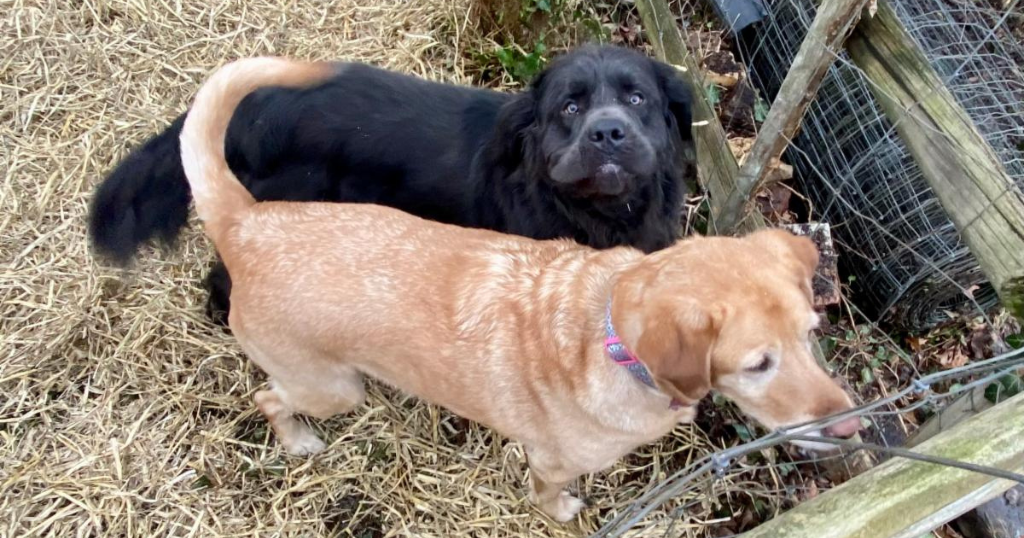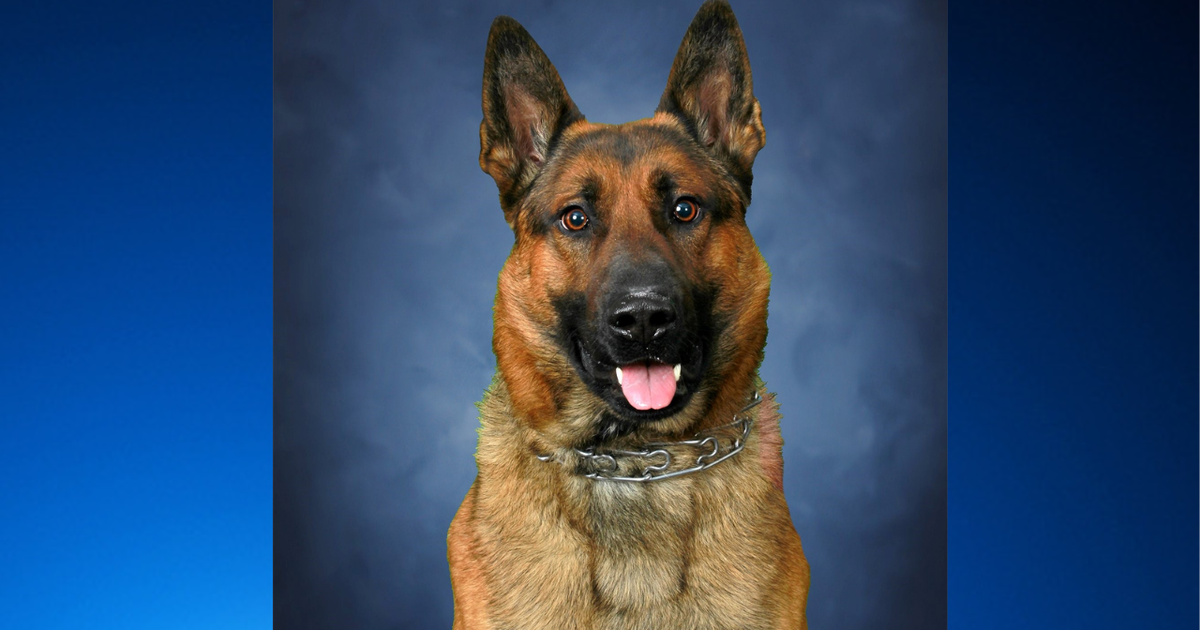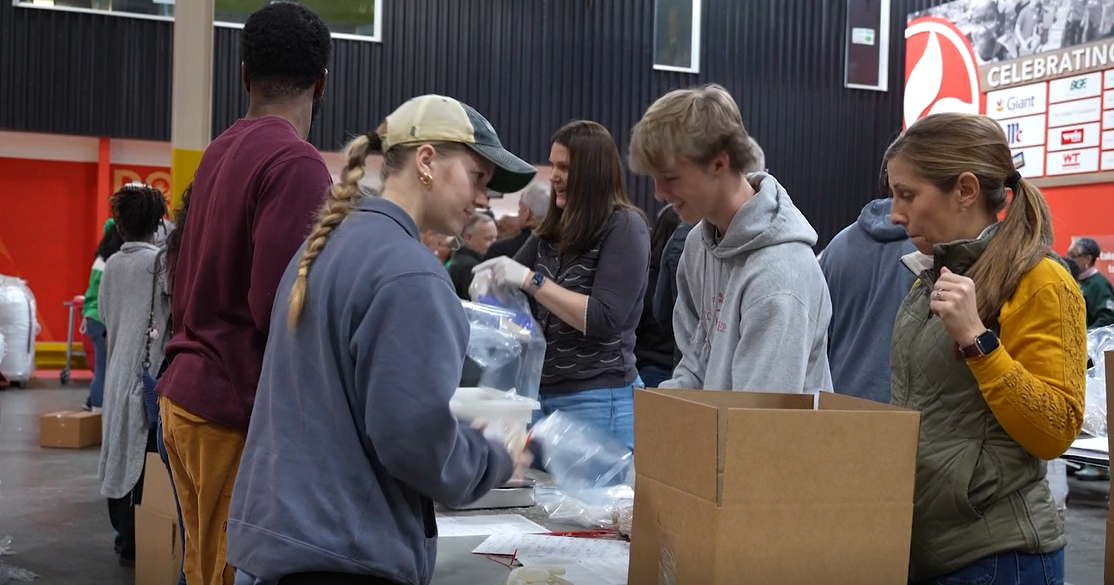Local group matching military veterans with service dogs
WASHINGTON, Pa. (KDKA) - The most recent numbers show an average of 17 military veterans die of suicide every day in America.
That's more than 6,000 veteran lives lost to suicide every year, roughly the same amount as the current populations of Forest Hills and Stowe Township.
A local group just up and running is trying to bring that number down.
These dogs are more than just your average pet. They've each been chosen to serve men and women who've also served like military veteran Tim Sparr. He served four years in the Marines right after 9/11.
"I wake up Sunday morning, head up to Wexford to do our training. It's a good hour of training. It takes a cup of coffee and hard work with this little guy," Sparr said.
Sparr has been working with his 11-week-old German shepherd Blue for about a month. Blue is currently learning obedience skills, but he'll eventually become a service dog that caters to Sparr's specific needs.
"When we find out what their triggers are that upset their center and make their PTSD a bad day, then we work on that dog working for them. The dog may be doing nothing but calming them," said Von Bahneman K9 Training owner Cyn Bahneman.
Bahneman recently teamed up with the Washington County-based non-profit Pa VetPets at the beginning of April. Army veteran Omar Brooks is the co-founder.
"The goal is to tackle post-traumatic stress and suicidal thoughts through helping veterans train with dogs. The main objective is to keep busy," said Brooks.
Brooks works with local rescues to find the right dog then goes through a heavy vetting process before deciding which veteran is a good fit.
"We want people who have a skin-in-the-game mentality. People that show up, people that put in the time and people that help themselves," said Brooks.
Brooks has six veterans going through training. Chad Vanscyok is one of them. He served in both the Air Force and Army and says his PTSD has really become a struggle as he's aged.
"Once you get older, you develop a conscience, you know. It was cool what I did when I was 20 and 25. It's not. It's not cool," Vanscyok said.
That's why finding a pup like Valhalla, a four-month-old German shepherd was so important to him, so they can work through his triggers together.
"All of a sudden, a loud noise might set me off. It just makes me nervous. Real high-pitched sound. If we get that at work, I'll just walk out of the building," he said.
Sparr believes the program is already helping him get a better handle on his PTSD.
"Veterans like us pretty much keep to ourselves because it shows signs of weakness. A lot of vets will deal with it through either alcohol or gambling or whatever. I had my issues but I do see light at the end of the tunnel here," Sparr said.







